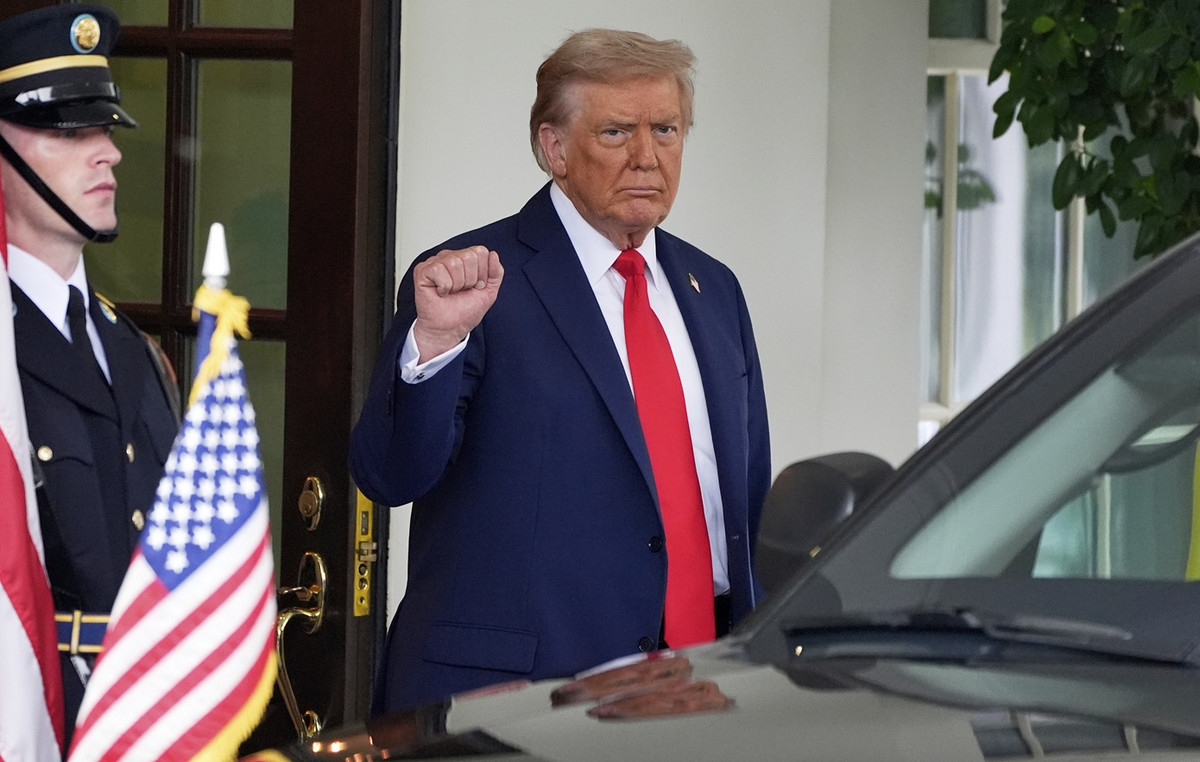The promotion of racial diversity in the workplace is based on some principles: racism exists, not everyone admits it and efforts need to be constant, even more so because they also demand investments.
The day of lectures for Brazilian journalists in the United States, which CNN Brazil has been reporting, points out that, although there are more black professionals in journalism, racism continues to be an issue in newsrooms and communication companies inside and outside the United States.
Professionals working on inclusion in journalism observe that several institutions offer courses and training on diversity that, in practice, serve more as a comfort to companies than deliver effective results. “It’s a ‘standard consulting package,’ but it doesn’t support systematic changes,” says American Press Institute (API) Director of Inclusion and Audience Growth Letrell Crittenden.
For him, each newsroom and work environment need to be diagnosed individually because there would be no “universal solution” to combat racism.
Faced with the multiplication of courses and consultancies that deal with this topic in the corporate world, he observes that “they are probably a fraud” because they do not bring impactful results. “A lot of these cases (trainings) are a bunch of nonsense. A lot of bla, bla, bla. I don’t need to go into a newsroom and say, ‘Are you being racist,’ I need to go and say, ‘See these black people? You are failing to meet these people’. People need to be engaged in the process.”
Crittenden uses as a strategy to explain to companies that they lose audience and money by not opening the door to more diversity in their teams.
The API has been around since 1946, and is the oldest and largest training program for news industry professionals and journalism educators. Currently, the theme of more plural work environments is one of the most important. Among the Institute’s partners is the National Association of Black Journalists of the United States (NABJ).
When the association was born, in the 1970s, it had 44 men and women. Today it is considered the largest organization of black journalists in the country. “When I turn on the TV and see these young black reporters, it touches my heart because in 1975 it was not like that. You could count on your fingers, sometimes just one finger, how many there were,” says Joe Davidson of the Federal Insider, a former Washington Post columnist and former Wall Street Journal correspondent, where he spent 13 years.
For Davidson, “racists are more empowered”, which he attributes to the reflection of far-right governments. When asked, he said he did not know “which side is winning”, but points out that political mobilizations such as Black Lives Matter have changed the dynamics of the country facing the issue. “If you support a racist, you are a racist,” he emphasizes.
* Basília Rodrigues traveled at the invitation of the US Embassy in Brazil
Source: CNN Brasil
I am Sophia william, author of World Stock Market. I have a degree in journalism from the University of Missouri and I have worked as a reporter for several news websites. I have a passion for writing and informing people about the latest news and events happening in the world. I strive to be accurate and unbiased in my reporting, and I hope to provide readers with valuable information that they can use to make informed decisions.







